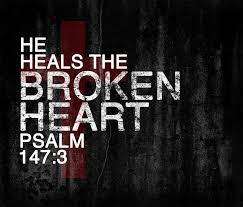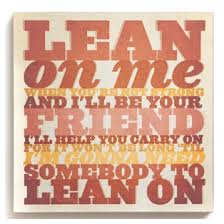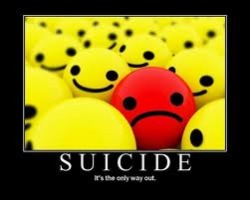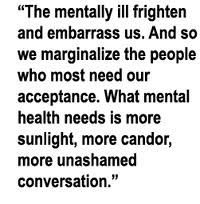 Why I Would Want The Five Fold In My Church – Part IX
Why I Would Want The Five Fold In My Church – Part IX
….. because it requires sacrificial service, the laying down of your life, for others.
U.S. Marines have a built a code of conduct through relationships that even the church hasn’t been able to match in the last couple of centuries. A Marine will sacrifice his life for his buddy, lay down his life in battle to save his buddies; and even carry out a dead body from a combat zone so the enemy cannot desecrate it. That is the honor of the U.S. Marine Code.
The first century church was built on such a code since martyrdom was a reality, but since the easing of persecution, the code has been dropped. Today there is division, bickering, judging one another, and criticism about anything and everything different from the mode and code of worship one follows. Tolerance for other sects within Christianity is at an all time low. Rejecting one another, then shooting the wounded is common place.
Yet, what was Jesus’ mission on earth? It was to lay down his life for mankind, to be the sacrificial lamb for the sins of man. It was to suffer and die on a cruel Roman cross. Yet Romans 5:8 records, “But God demonstrates his own love for us in this: While we were still sinners, Christ died for us.” He didn’t die for the righteous but the unrighteous, not for the godly but the ungodly. He became more than a martyr because not only did he die for the sins of mankind, but he rose from the dead to conquer death. Because of Him, the dead can now live! Ephesians 4:8 records, ““When he ascended on high, he took many captives and gave gifts to his people.”. Like the Marines, he carried the dead, through a resurrection, to heaven with him and equipped those who remained on earth.
 At the Cross, Jesus fixed broken relationships. Being the sacrificial lamb, he bridged the gap between God and mankind because of sin. “For God so loved the world that he gave his one and only Son, that whoever believes in him shall not perish but have eternal life.” (John 3:16) Man again could be in right standing with his God. He also bridged the gap between man and mankind. “This is how we know what love is: Jesus Christ laid down his life for us. And we ought to lay down our lives for our brothers and sisters. If anyone has material possessions and sees a brother or sister in need but has no pity on them, how can the love of God be in that person?” (I John 3:16-17)
At the Cross, Jesus fixed broken relationships. Being the sacrificial lamb, he bridged the gap between God and mankind because of sin. “For God so loved the world that he gave his one and only Son, that whoever believes in him shall not perish but have eternal life.” (John 3:16) Man again could be in right standing with his God. He also bridged the gap between man and mankind. “This is how we know what love is: Jesus Christ laid down his life for us. And we ought to lay down our lives for our brothers and sisters. If anyone has material possessions and sees a brother or sister in need but has no pity on them, how can the love of God be in that person?” (I John 3:16-17)
It is now each believer’s responsibility to look out for his brother. Unlike Cain and Abel, we ARE our brother’s keeper. We are to take care of a brother or sister in need. We are to serve one another in spite of our diversity. We are to receive from other brothers and sisters even outside of our spiritual camps.
What better avenue for service than through the five fold where one has to give his gifting, passion, and desire to serve others, and the others reciprocally give back him. The five fold is all about give and taking the talents Jesus has given us for service.
passion, and desire to serve others, and the others reciprocally give back him. The five fold is all about give and taking the talents Jesus has given us for service.
As Christians, lets begin to carry one another’s cross, be willing to die for others, live by a spiritual code that is stronger than even the bond between two Marines. That is the calling for the body of Christ for today.


































































